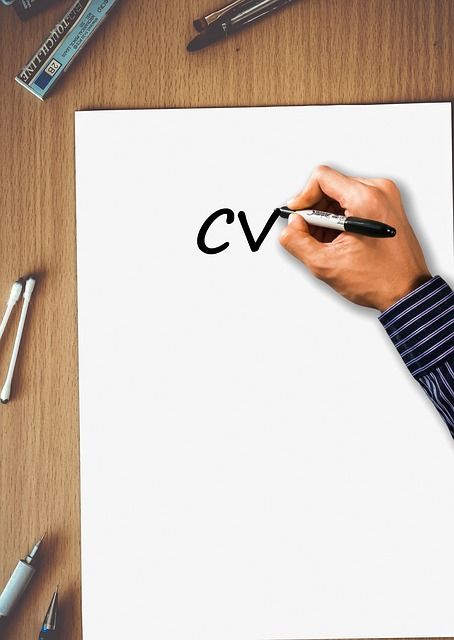In the world of job applications, the terms “resume” and “CV” are often used interchangeably. Yet they are fundamentally different documents, and using the wrong one for your application could reduce your chances of getting an interview. Understanding the difference between a resume and a CV is essential for positioning yourself correctly in the eyes of hiring managers and recruiters. Whether you’re applying for a corporate job in New York, a research position in Berlin, or an academic role in Dubai, knowing which document to submit can make or break your application. In this article, we’ll break down the key differences and help you determine which format is best for your professional goals.
What Is a Resume?
A resume is a concise and targeted document, typically one to two pages in length, designed to showcase your most relevant skills, achievements, and professional experience. It is commonly used in countries like the United States, Canada, and the United Arab Emirates for applications to corporate, private sector, and non-academic roles. Resumes are tailored for each job application, emphasizing accomplishments and outcomes over responsibilities. The goal of a resume is to quickly demonstrate to hiring managers that you are a qualified and compelling candidate for a specific role. In 2025, with most resumes passing through Applicant Tracking Systems (ATS), clarity, keyword optimization, and relevance are more important than ever.
What Is a CV?
In contrast, a CV—short for “Curriculum Vitae”—is a comprehensive document that details your entire professional and academic history. It is generally used for roles in academia, research, education, and medicine, particularly in regions such as Europe, the Middle East, and parts of Asia. A CV includes not only work experience and education but also publications, presentations, fellowships, grants, professional memberships, and more. Unlike a resume, which changes depending on the job, a CV remains largely static and grows over time as you accumulate more experience and accomplishments. Employers requesting a CV typically expect a deep dive into your credentials and scholarly contributions.


Key Differences Between a Resume and a CV
The differences between a resume and a CV go beyond just length. A resume is strategically crafted to be impactful within seconds, while a CV provides a thorough, detailed record of your professional life. Resumes are job-specific, succinct, and designed to highlight relevant achievements. CVs are chronological, comprehensive, and suited to academic and research-based environments. The choice between the two depends on geography and industry. In the U.S. and Canada, resumes are the standard for most roles, while in Europe and academia, CVs are preferred. For international professionals or those applying across borders, understanding these nuances is especially critical.
When Should You Use a Resume?
You should use a resume when applying for roles in the corporate world, particularly in industries like finance, marketing, IT, sales, and consulting. These sectors prioritize efficiency, and hiring managers often review hundreds of applications, making brevity essential. In such cases, tailoring your resume to the specific role—by emphasizing key skills, quantifiable achievements, and keywords from the job description—will significantly improve your chances. Your resume should act as a targeted pitch, showing the value you bring to the table and encouraging the reader to want to learn more in an interview.
When Should You Use a CV?
A CV is appropriate when applying for roles that require a full documentation of your academic and professional credentials. This includes faculty positions, research roles, PhD programs, medical posts, and grant applications. In these settings, depth matters more than brevity. Employers will want to see the evolution of your career, including your education, research contributions, teaching experience, and affiliations. If you’re applying to universities in countries like Germany, the Netherlands, or the UK, a CV is often expected even for non-academic roles. Having a complete, well-structured CV is essential for demonstrating credibility and expertise in scholarly and scientific fields.
Do Employers Ever Ask for Both?
In some situations, employers may request both a resume and a CV, or may use the terms interchangeably. This often happens in international or hybrid roles where both academic and professional qualifications are relevant. For example, if you’re applying for a leadership role in a research-driven organization, you might be asked to submit a resume for quick evaluation and a CV for a deeper review. It’s also possible for job postings to use “CV” to mean “resume,” especially in countries where the terminology overlaps. When in doubt, look at the context of the job and follow up with the employer or recruiter to clarify what they expect.
Understanding the difference between a resume and a CV is more than just a formatting choice—it’s a strategic decision that can influence how you’re perceived as a candidate. Using the right document demonstrates your awareness of global hiring practices and shows that you respect the expectations of the employer. At Heads Here, we specialize in creating both resumes and CVs tailored to specific industries, regions, and goals. If you’re not sure which one you need, our free resume review will guide you in the right direction.
Ready to make the right first impression? [Request your free resume or CV review here.]






